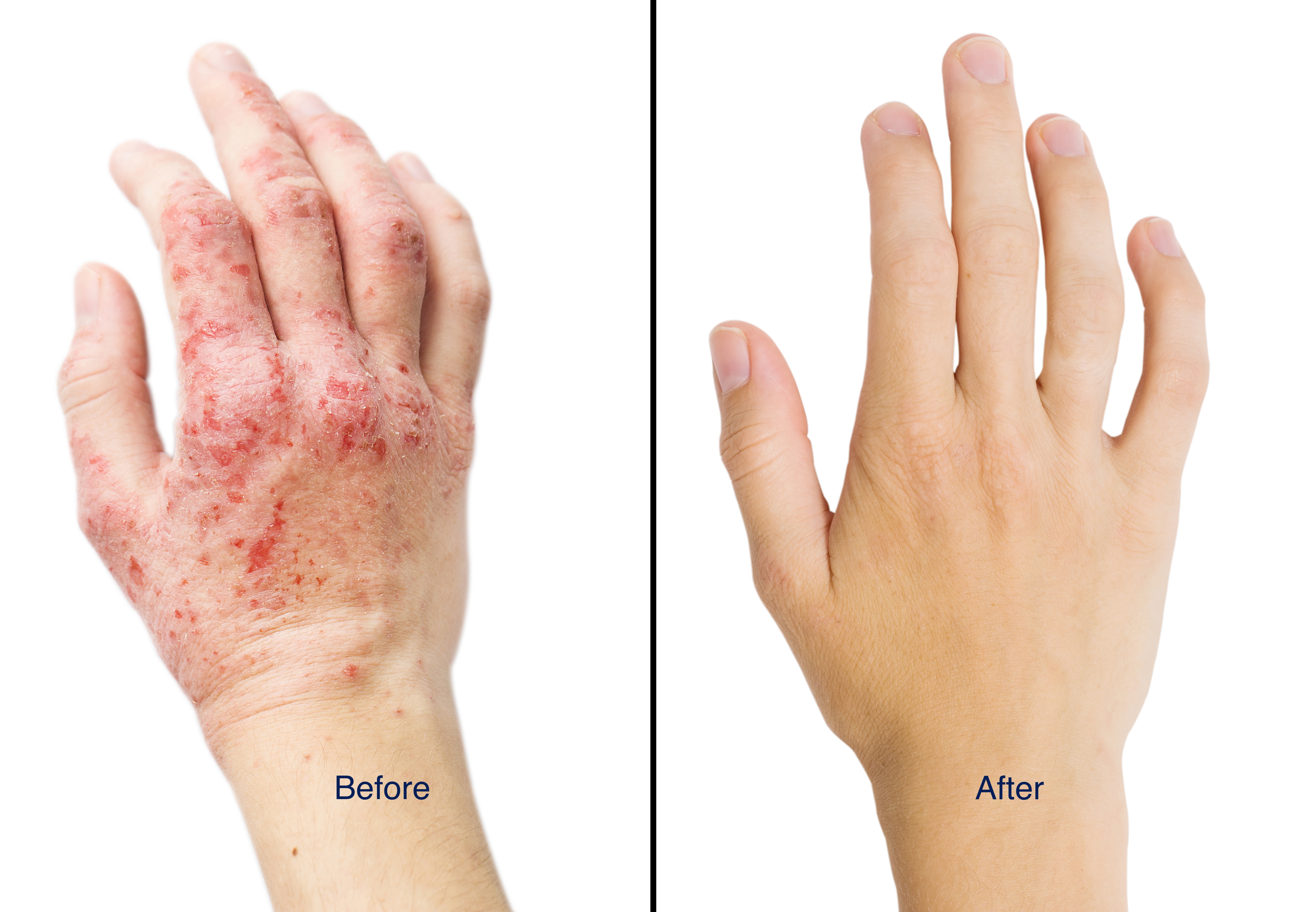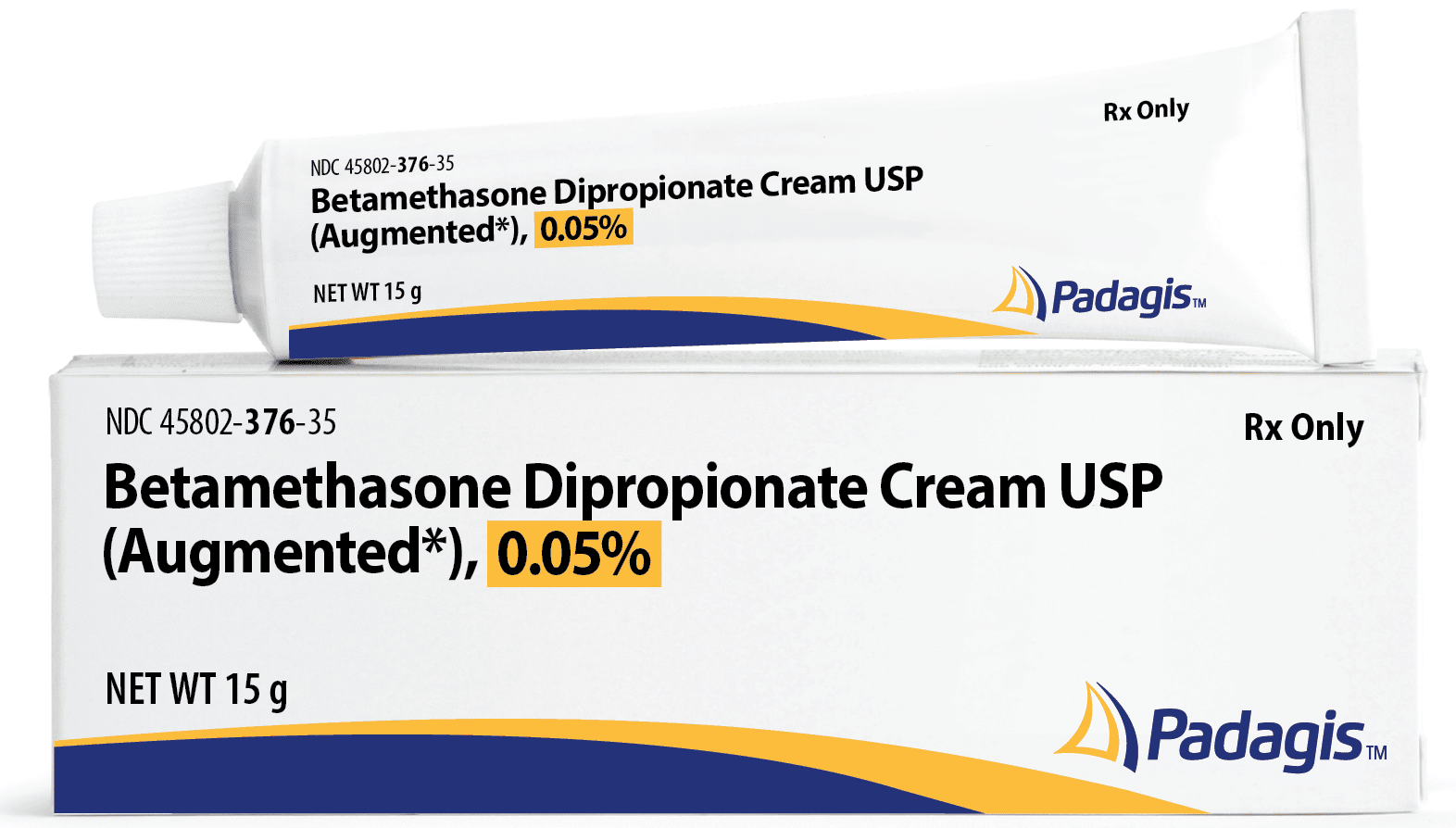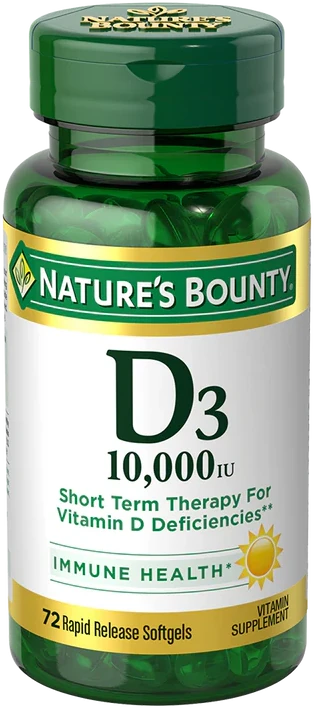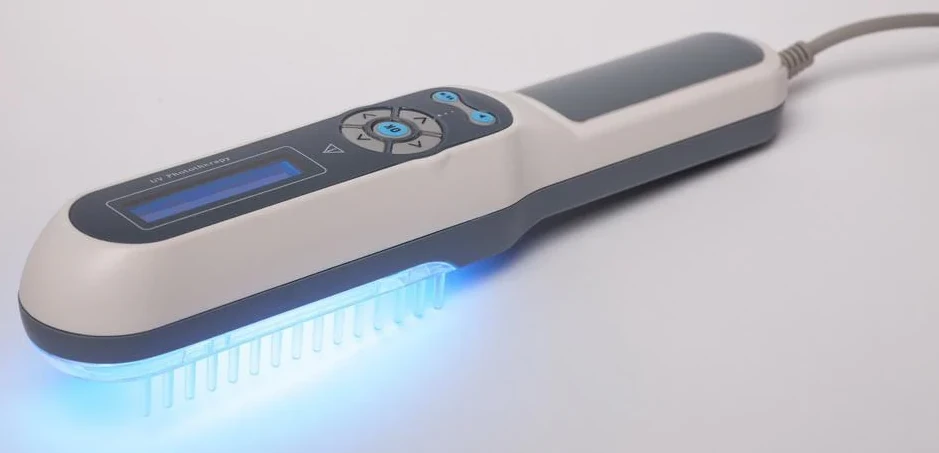Do you have red, itchy skin? Do you stay up all night scratching? Are your hands so dry they crack and bleed? Mine were, too. On many days it hurt to use a pen. Constant dandruff, itchy scalp, and scales coming off? Yep, I had that too. I thought I just had abnormally dry skin. Today I know that it wasn’t abnormal and it wasn’t just “dry skin”. I had eczema. Over 30 million people in the US alone struggle with eczema. You’re not alone. And it’s possible to get better. Right where you are, from your home. We’ll help you. Let’s walk through what eczema is, how it’s diagnosed, and what treatment options are available to help you feel better.
What is Eczema?
Eczema (also known as atopic dermatitis) is a chronic skin condition that makes your skin dry, irritated, and incredibly itchy. It happens when your skin’s natural barrier doesn’t work as well as it should, making it more sensitive to irritants and allergens. Eczema isn’t contagious, but it can run in families and is often linked to allergies, asthma, or hay fever. While it can develop at any age, it’s especially common in babies and children, though many people continue to have symptoms into adulthood. Eczema symptoms tend to come and go in flare-ups, which can be triggered by things like:
- Harsh soaps, fragrances, or detergents
- Certain foods like sugar, gluten, or dairy
- Cold, dry weather or excessive heat
- Stress or emotional changes
- Allergens like pet dander or pollen
Triggers are as varied as the patients who have atopic dermatitis. What triggers one person may do nothing to another. And some patients don’t have any triggers.
What Are the Symptoms of Eczema?
Eczema can look and feel different for everyone, but the most common symptoms include:
- Intense itching (which may get worse at night)
- Dry, red, or flaky skin
- Patches of thickened or rough skin from scratching
- Inflamed or swollen areas
- Cracked or oozing skin
It often appears on the hands, elbows, knees, face, and neck, but it can show up anywhere on the body. If you’re experiencing these symptoms and wondering if it’s eczema, a quick virtual consultation with a healthcare provider can help confirm the diagnosis and point you to treatment options.

An eczema patient's hand before and after successful treatment
How Is Eczema Diagnosed?
Diagnosing eczema doesn’t always require lab tests—a healthcare provider can usually identify it just by looking at your skin and discussing your symptoms. They may also ask about:
- Your medical history (or family history of allergies or asthma)
- How long you’ve had symptoms
- What seems to trigger your flare-ups
In some cases, allergy testing may be recommended to check for triggers like pet dander, pollen, or certain foods. If you’re unsure whether your symptoms are from eczema or another skin condition, our telehealth providers can evaluate your skin and guide you toward the right next steps.
What Are the Treatment Options for Eczema?
While there’s no cure for eczema, the good news is that there are many ways to reduce flare-ups, relieve itching, and keep your skin healthier. While all treatments for eczema should be based in evidence and science, there is an element of art to it as well. What works on me might not work on you and vice versa. However, there are some treatments that work for a lot of people and some that work for only a few. Here you can see our ranking of treatments based on how likely they are to work. Most patients find durable relief through a mix-and-match of skincare routine, lifestyle adjustments, and prescription treatments. Let’s go through a few options you can explore:
1. Daily Skincare & Lifestyle Adjustments
The right skincare routine can make a huge difference in managing eczema. A few simple steps include:
- Moisturizing regularly (especially right after showering)
- Using gentle, fragrance-free soaps and detergents
- Avoiding known triggers like scented lotions, wool fabrics, or harsh chemicals
- Managing stress, since it can worsen symptoms (I know, I know… easier said than done)
2. Medications & Prescription Treatments
Medications can help calm inflammation and itching. Some common treatments include:
- Topical corticosteroids (to reduce redness and swelling)
- Non-steroidal creams like calcineurin inhibitors (to control inflammation)
- Antihistamines (to help with nighttime itching)
- Immunosuppressants (to calm or reset the immune system)
- Biologics (to target specific immune pathways)
- JAK-Inhibitors (to interrupt immune signaling and inflammation)
Topical corticosteroids are often the first line of defense, as they tend to have a fast onset and are cheap. But many patients go through a variety of treatments over the years. With a multitude of options, there is always another option to try that might work for you.

Betamethasone, an example of a topical corticosteroid
3. Natural Remedies & Supplements
Natural remedies and supplements can play a supportive role in managing eczema by moisturizing the skin, reducing inflammation, and strengthening the skin barrier. For some patients, taking supplements are the solution to their eczema problems. Oils like coconut oil, shea butter, and olive oil provide hydration and contain anti-inflammatory properties that may help soothe your dry, irritated skin. Supplements such as Vitamin D3 and Omega-3 fatty acids have been studied for their potential to regulate immune function and reduce inflammation, while Vitamin B12 creams may help alleviate eczema symptoms by modulating skin inflammation.

Vitamin D3 can play a supportive role in managing eczema
4. Procedures
Certain procedures can also help managing eczema. Phototherapy is the most effective and well studied procedure for eczema. Other approaches, such as elimination diets or allergy shots, may help patients on a case-by-case basis. Some people also explore complementary treatments like acupuncture, but their benefits can vary.

Phototherapy is a well studied procedure for eczema
What to do now?
Living with eczema can be challenging, but effective management is within reach. Whether you're seeking your first diagnosis or have lived with eczema for years and are looking for better treatment, our providers are here to support you. You can connect with them today.

